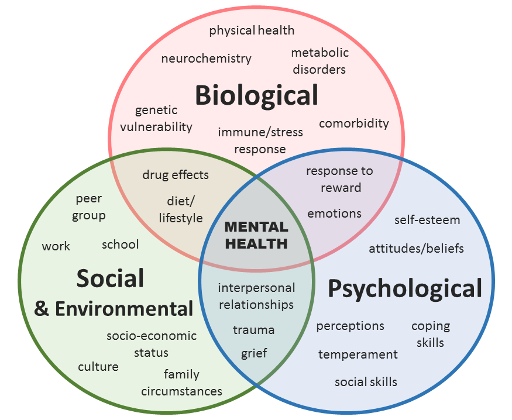Thinking about being active? I hope so, because being active makes you better at thinking! This article cites research out of Germany showing how activity can improve your mental state — reducing depressive symptoms, but also toning up your brain fitness and its ability to adapt and change.
So think about being more active, so … you’ll be better at thinking about anything at all!
___
This dual beneficial effect of physical activity was reported by researchers at Ruhr-Universität Bochum in Germany:
People with depression often withdraw and are physically inactive. To investigate the effect of physical activity, Karin Rosenkranz’s working group enlisted 41 people for the study, all of whom were undergoing treatment at the hospital. The participants were each assigned to one of two groups, one of which completed a three-week exercise program.
The program, which was developed by a sports science team at the University of Bielefeld, was varied. It contained fun elements, and did not take the form of a competition or test, but instead required teamwork from the participants.
“This specifically promoted motivation and social togetherness while breaking down a fear of challenges and negative experiences with physical activity—such as school PE lessons,” explains Karin Rosenkranz. The other group took part in a control program without physical activity.
The study team ascertained the severity of the depressive symptoms, such as a loss of drive and interest, lack of motivation and negative feelings, both before and after the program.
The brain’s ability to change, known as neuroplasticity, was also measured. It can be determined externally with the help of transcranial magnetic stimulation. “The ability to change is important for all of the brain’s learning and adaptation processes,” explains Karin Rosenkranz.
Ability to change increased—symptoms decreased
The brain’s ability to change is lower in people with depression than in healthy people.
After the program of physical activity was completed, this ability to change increased significantly and achieved the same values as healthy people.
At the same time, depressive symptoms decreased in the group.
The more the ability to change increased, the more clearly the clinical symptoms decreased, according to Rosenkranz, and these changes were not so pronounced in the group who took part in no physical activity.
Though physical activity had an effect on symptoms and the brain’s ability to change, the doctor could not say to what extent the changes are causally linked, based on this study, which was published in June 2021 in the journal Frontiers in Psychiatry.
“It is known that physical activity does the brain good, as it, for instance, promotes the formation of neuron connections, adds Rosenkranz. “This could certainly also play a role here.”
So, next time you’re feeling low, it’s worth it to try and move your body, to change your brain.
(Source: Ruhr-University Bochum , article here)
The post The Dual Beneficial Effect of Physical Activity in Depression Gets Confirmed By New Study appeared first on Good News Network.




